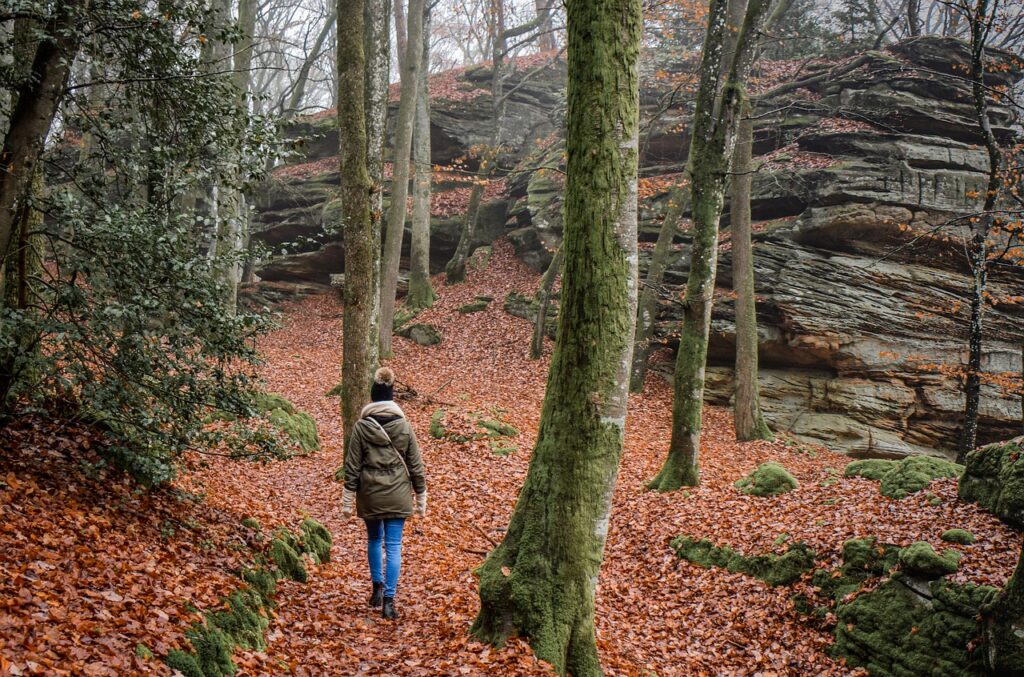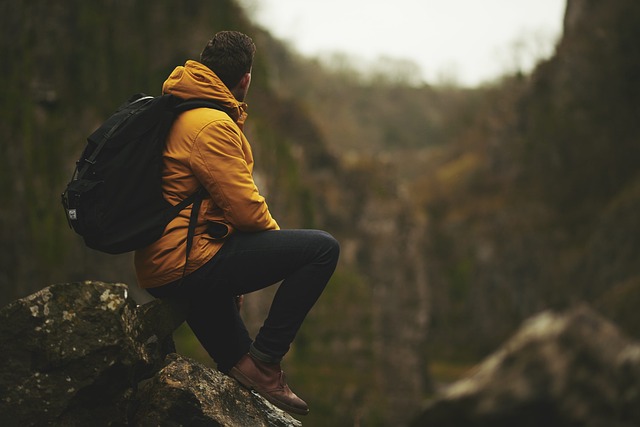Embarking on your first hiking adventure is an exciting experience. Whether you’re exploring a local trail or venturing into the wilderness, preparation is key to a safe and enjoyable hike. This comprehensive guide covers essential tips and tricks for beginners, including planning, packing, safety, and avoiding common mistakes.
Planning Your Hike
- Choose the Right Trail
Selecting a suitable trail is crucial for beginners. Look for well-marked, easy to moderate trails that match your fitness level. Websites like AllTrails or local hiking apps can provide useful information on trail difficulty, length, and elevation.
- Check the Weather
Always check the weather forecast before heading out. Avoid hiking in severe weather conditions and be prepared for sudden changes by packing appropriate clothing and gear.
- Inform Someone of Your Plans
Let a friend or family member know your hiking plan, including your starting point, trail name, and estimated return time. This is a crucial safety measure in case of emergencies.
What to Pack for Your Hike
- Essential Gear
- Backpack: Choose a comfortable, lightweight backpack.
- Map and Compass: Even if you have a GPS, these traditional tools are reliable backups.
- First Aid Kit: Include bandages, antiseptic wipes, pain relievers, and any personal medications.
- Multitool or Knife: Useful for various purposes during your hike.
- Hydration System: Carry enough water for the entire hike and consider a water purification method.
- Appropriate Clothing
- Layered Clothing: Dress in layers to adjust to changing temperatures.
- Moisture-Wicking Fabrics: Avoid cotton; opt for moisture-wicking materials to stay dry.
- Hiking Boots or Shoes: Wear sturdy, comfortable footwear with good ankle support and grip.
- Food and Snacks
Pack lightweight, high-energy snacks like nuts, trail mix, energy bars, and fruits. For longer hikes, include a packed lunch with easy-to-carry items like sandwiches or wraps.
Safety Tips for Beginners
- Start Early
Begin your hike early in the day to avoid getting caught in the dark. This also allows extra time for breaks and enjoying the scenery.
- Stay on Marked Trails
Stick to designated trails to avoid getting lost and to protect the natural environment. Following the marked path ensures your safety and helps preserve wildlife habitats.
- Keep a Steady Pace
Hiking is not a race. Maintain a steady, comfortable pace to conserve energy and reduce the risk of injury. Take regular breaks to rest and hydrate.
Common Mistakes to Avoid
- Overpacking
While it’s important to be prepared, avoid overpacking. Carrying too much weight can make your hike more difficult and tiring. Stick to essentials and lightweight gear.
- Ignoring Physical Limits
Know your fitness level and choose a trail that matches it. Pushing yourself too hard can lead to injuries. Gradually increase the difficulty of your hikes as your fitness improves.
- Disregarding Wildlife
Respect wildlife by keeping a safe distance and not feeding animals. This prevents potential dangers and helps maintain the natural ecosystem.
Conclusion
Hiking for beginners can be a rewarding experience with the right preparation. By choosing the appropriate trail, packing essential gear, and following safety guidelines, you can enjoy a successful and memorable first hike. Remember to stay hydrated, take your time, and most importantly, have fun exploring the great outdoors.
For more hiking tips and trail recommendations, subscribe to our newsletter and join our community of outdoor enthusiasts. Happy hiking!






